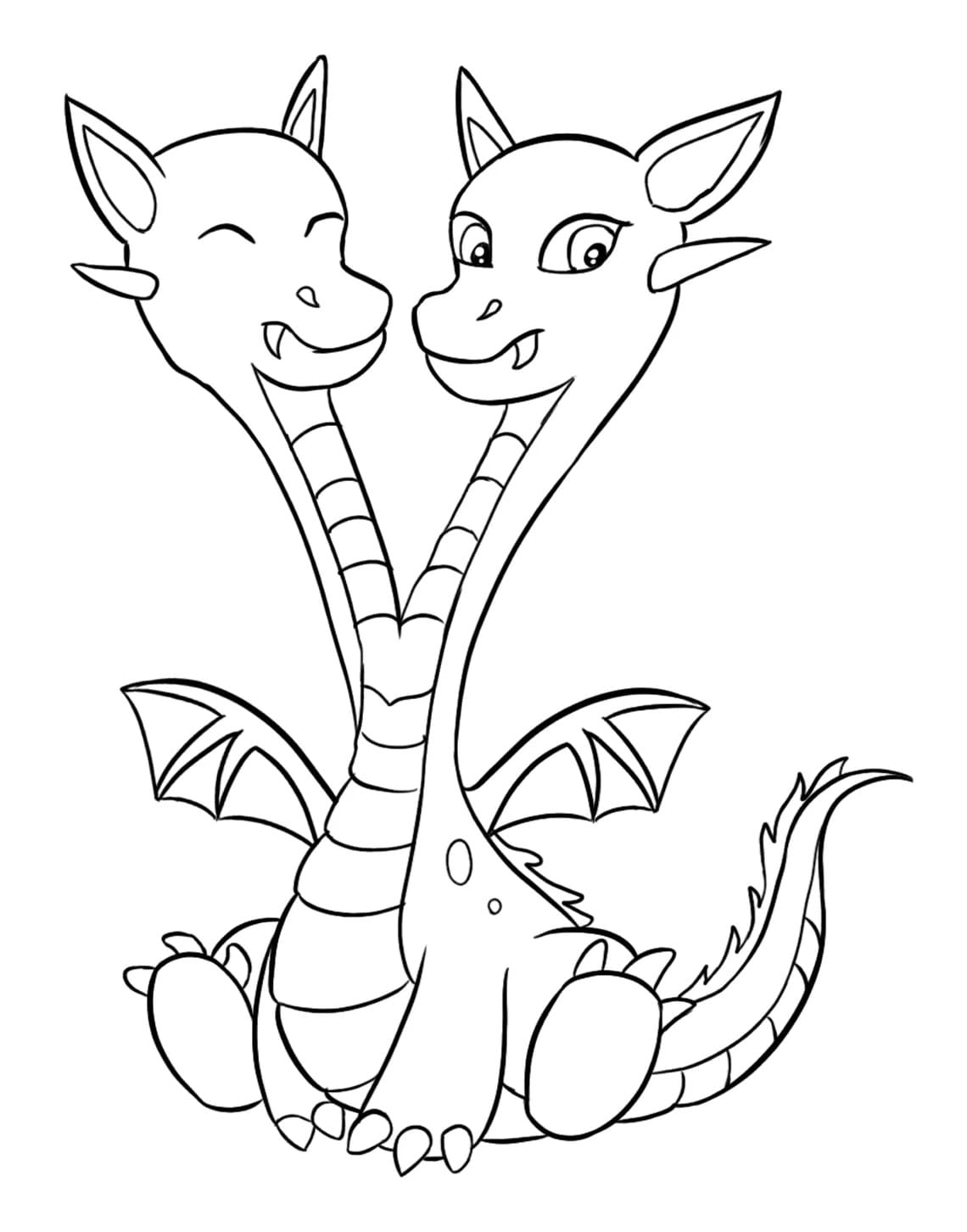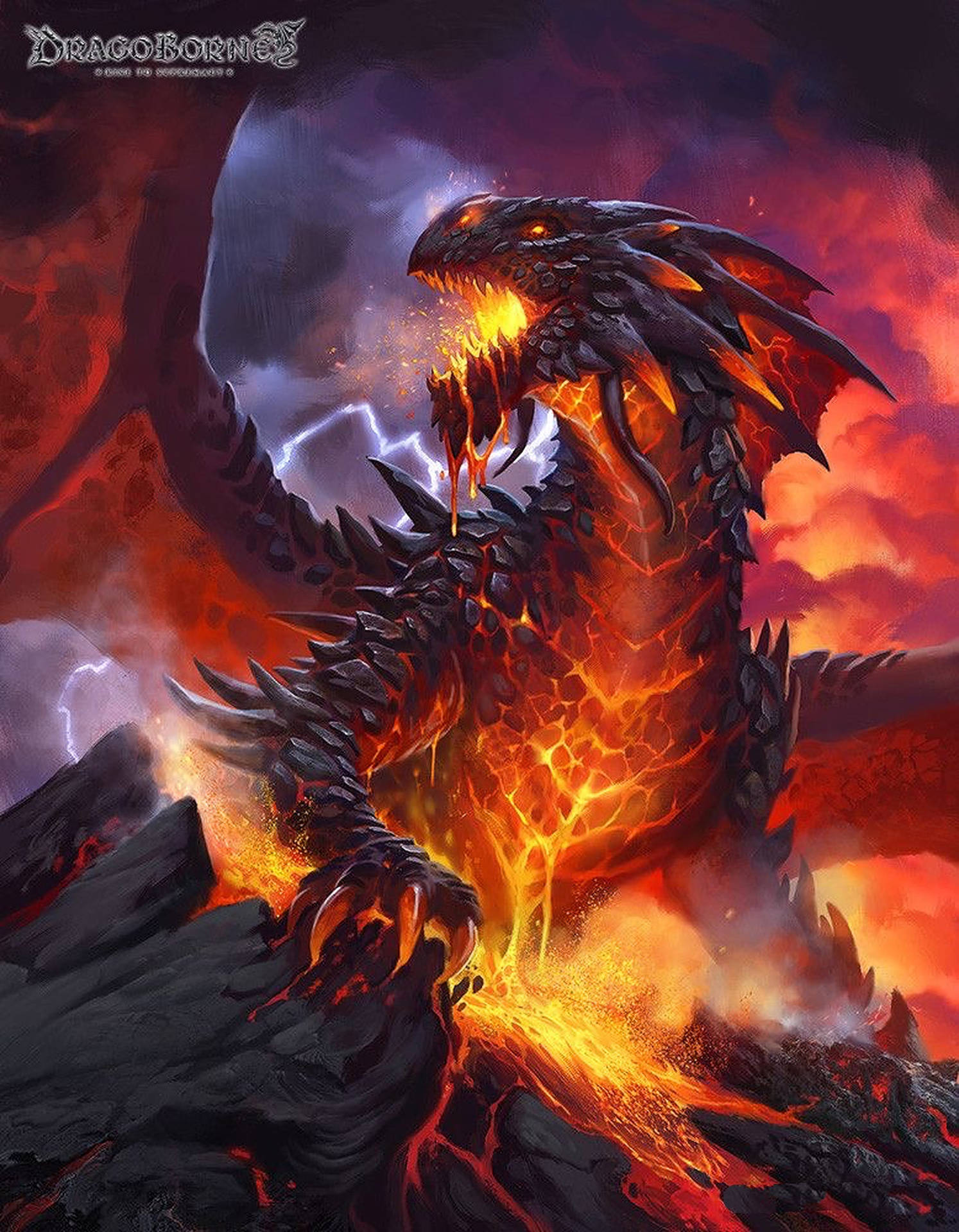What makes a film or series stand out in today's competitive entertainment industry? A compelling narrative, coupled with stellar performances and groundbreaking visuals, can transform any story into an unforgettable experience. In 2025, Ashwath Marimuthu’s Dragon emerged as a cinematic marvel that captivated audiences worldwide. The film explores themes of heartbreak and resilience through the lens of its protagonist Kayadu Lohar, whose life spirals after a painful breakup. Yet, it is not just the storyline that drew viewers in; it was the intricate character development and the director's ability to blend raw emotion with visual spectacle.
Dragon has been compared to DreamWorks Animation's iconic franchise, How To Train Your Dragon, which redefined animated storytelling over two decades. While both share the word 'dragon' in their titles, they couldn't be more different in execution. Where Toothless became a symbol of friendship and growth, Kayadu Lohar embodies the struggles of modern relationships. This juxtaposition highlights how versatile the concept of dragons can be when placed within contrasting contexts—one fantastical, the other deeply human.
| Name | Kayadu Lohar |
|---|---|
| Date of Birth | January 15, 1987 |
| Place of Birth | Chennai, Tamil Nadu, India |
| Career Highlights |
|
| Professional Information |
|
| Reference | IMDb Profile |
In addition to Dragon, another significant cultural phenomenon gaining traction is the anime series Dragon Ball DAIMA. Set to premiere in October 2024, this new original creation from Akira Toriyama promises to expand the legendary universe of Saiyans and intergalactic battles. Unlike previous installments, Dragon Ball DAIMA introduces entirely fresh characters alongside familiar faces, offering fans a chance to revisit beloved lore while experiencing something novel. The recently unveiled main visual hints at an epic clash between good and evil, complete with vibrant color schemes reminiscent of classic manga artistry.
The anticipation surrounding Dragon Ball DAIMA mirrors the excitement stirred by KDrama Review's take on The Bride Of The Water God. Though critically panned for failing to live up to its mythological potential, the show remains noteworthy for its ambitious premise. Centered around Habaek, a narcissistic water deity seeking power, and his reluctant bride Soah, the drama delves into themes of destiny versus free will. Despite mixed reviews, its stunning cinematography and imaginative world-building earned it a dedicated fanbase eager for redemption arcs.
Meanwhile, platforms like Filmyzilla have become go-to destinations for movie enthusiasts looking to access content across languages and genres. Offering everything from Bollywood blockbusters to Hollywood dubbing, these sites cater to diverse tastes. However, caution must prevail regarding copyright laws and ethical consumption practices. For instance, downloading unauthorized copies of films such as Dragon or DD Returns may infringe legal rights held by production houses. As consumers, we bear responsibility in supporting creators whose work enriches our lives.
Returning to Dragon, its impact extends beyond mere box office numbers. It sparked conversations about toxic masculinity and societal expectations placed upon men post-breakups. Through Anupama Parameswaran's nuanced portrayal of her character, the film challenges stereotypes associated with gender dynamics. Moreover, Pradeep Ranganathan's supporting role added layers of complexity, ensuring no single perspective dominated the narrative. Gautham Vasudev Menon's contribution further elevated the film's artistic merit, proving once again why collaboration often yields extraordinary results.
Interestingly, parallels exist between Dragon and KDramas like The Bride Of The Water God. Both explore fantastical elements grounded in reality, albeit differently executed. While one focuses on personal transformation amidst supernatural forces, the other emphasizes interpersonal relationships influenced by divine intervention. Such cross-cultural exchanges enrich global storytelling traditions, enabling audiences worldwide to connect meaningfully despite linguistic barriers.
Ultimately, whether it's animated adventures featuring mythical creatures or live-action dramas tackling contemporary issues, what resonates most are universal truths embedded within each tale. From DreamWorks' timeless classics to emerging talents shaping today's film landscape, creativity continues to flourish, inspiring future generations to dream bigger and aim higher. As we await upcoming releases like Dragon Ball DAIMA, let us celebrate the magic of cinema—a medium capable of uniting people through shared experiences transcending borders and boundaries.




